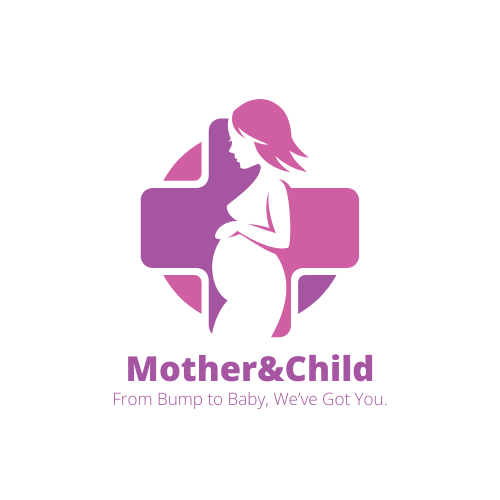📘 Definition & Introduction
Antenatal Care (ANC) refers to the routine health check-ups, education, and support a pregnant woman receives from health workers—before her baby is born.
In African cultures, pregnancy is often celebrated with songs, proverbs, and blessings. But while a pregnancy may begin with joy, it needs careful monitoring to protect the health of both the mother and baby.
African Proverb: “A child that is not well prepared for before birth will cause a mother many sleepless nights.”
🩺 Why is ANC Important?
ANC helps to:
-
Detect and treat complications early (e.g., high blood pressure, anemia, infections)
-
Monitor the baby’s growth and heartbeat
-
Give vaccines and supplements like tetanus, iron, and folic acid
-
Provide education on nutrition, danger signs, and birth planning
-
Build a trusted relationship between the woman and her care provider
Example: In Northern Nigeria, regular ANC helped reduce maternal deaths from preeclampsia by 30% (UNFPA, 2021).
🧾 Core Components of ANC
-
Medical Exams: Blood pressure, weight, urine & blood tests
-
Ultrasound Scans: Usually one done between 18–24 weeks
-
Counseling: On rest, breastfeeding, hygiene, and emotional support
-
Health Education: Including HIV testing, nutrition, birth plans, etc.
🏥 Where is ANC Provided in Africa?
-
Government hospitals & clinics
-
Faith-based health centres
-
Community health workers (CHWs)
-
Mobile health units in rural areas
-
Telemedicine platforms (e.g., mDoc, Babymigo, HelloDoctor)
🌍 Challenges in African Context
-
Distance to health facilities
-
Cultural beliefs & myths (e.g., “If I go to the clinic early, I’ll miscarry”)
-
Financial barriers
-
Lack of female-friendly services
-
Language and literacy issues
Case Study: In rural Kakamega County, Kenya, ANC visits increased by 40% after a local program trained midwives in respectful maternity care and offered community transport vouchers.
📌 How Many ANC Visits Are Needed?
WHO recommends at least 8 ANC contacts:
-
1st trimester: 1 visit (by 12 weeks)
-
2nd trimester: 2–3 visits
-
3rd trimester: 4+ visits
More visits may be needed for high-risk pregnancies.
📝 End of Lecture Quiz
Q1. What is the main goal of antenatal care?
A. To determine baby’s gender
B. To prepare the mother emotionally
C. To monitor and promote health of mother and baby ✅
D. To perform surgery if needed
Rationale: ANC focuses on health promotion and early detection of complications.
Q2. How many ANC visits does WHO recommend at minimum?
A. 2
B. 4
C. 6
D. 8 ✅
Rationale: WHO recommends 8 contacts for improved maternal and fetal outcomes.
Q3. Which of the following is NOT a component of ANC?
A. Blood pressure checks
B. HIV testing
C. Cooking lessons ✅
D. Fetal heartbeat monitoring
Rationale: Cooking lessons are not standard ANC components.
Q4. Which of these is a common barrier to ANC in Africa?
A. Lack of music at clinics
B. Free transport to clinics
C. Cultural myths ✅
D. Compulsory attendance
Rationale: Cultural beliefs can delay or prevent ANC attendance.
📚 Takeaway Assignment
Assignment Title: “My Antenatal Plan” Worksheet
Instructions:
-
Interview 1 local mother who attended ANC and 1 who didn’t.
-
Ask about their experiences, myths they heard, and what influenced their choices.
-
Write a 1-page reflection on what you learned and how you would encourage ANC attendance in your community.
🌐 Curated Tools, Tutorials & Resources
-
WHO ANC Guidelines (2020)
https://www.who.int/publications/i/item/9789240015128 -
UNICEF Pregnancy Education Toolkit (Africa-focused)
https://www.unicef.org/health/pregnancy-health -
MamaYe – Africa maternal health data and tools
https://www.mamaye.org -
YouTube: Pregnancy ANC Basics by a Nigerian Midwife
https://www.youtube.com/watch?v=WlSuBcc5nR4 -
ANC Danger Signs Poster (Swahili/English) – AMREF Health
https://amref.org/what-we-do/maternal-health -
Babymigo ANC Tracker App (Nigeria)
https://www.babymigo.com -
Kenya eLimu Pregnancy Guide (Mobile-Friendly)
https://learning.elimu.org


